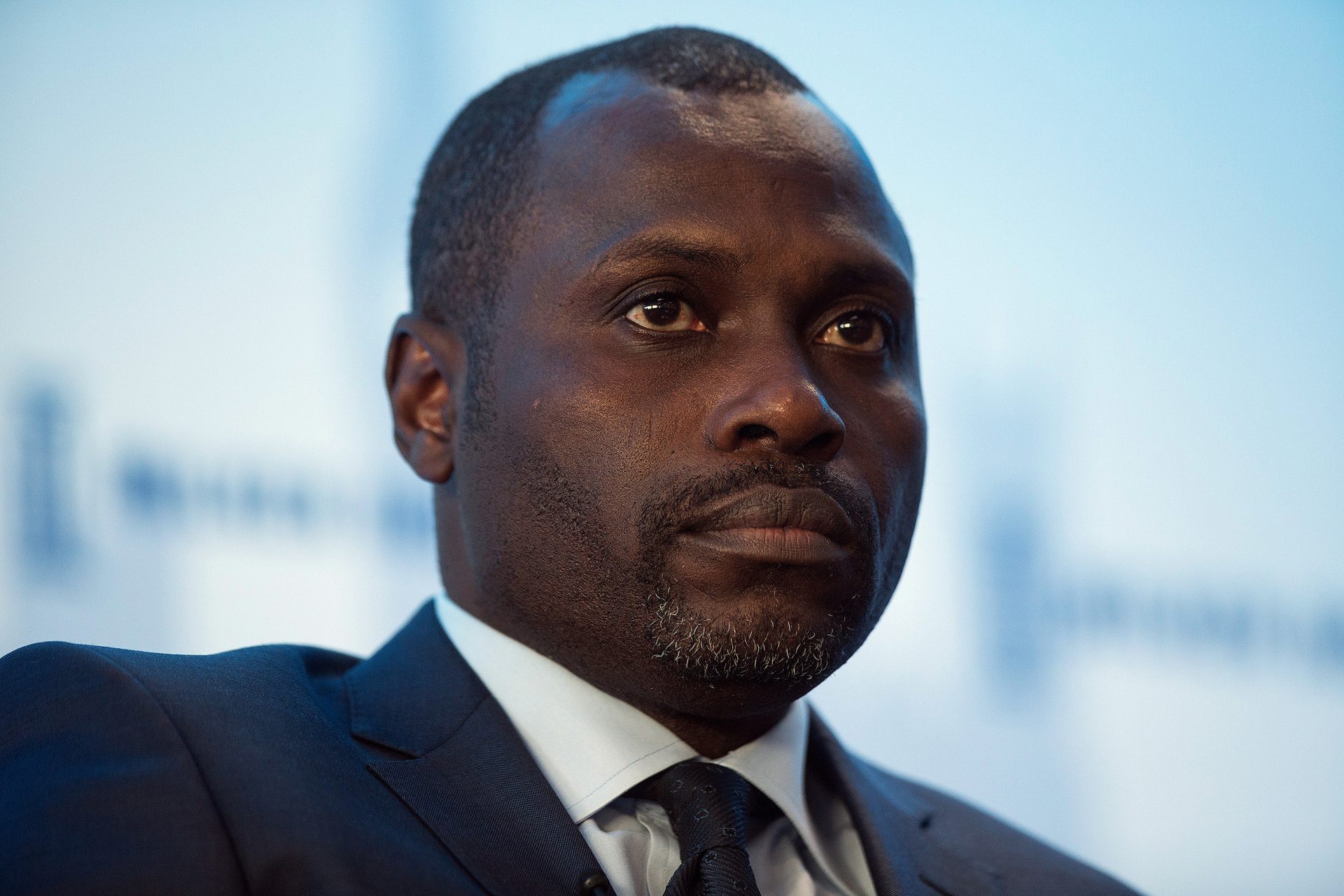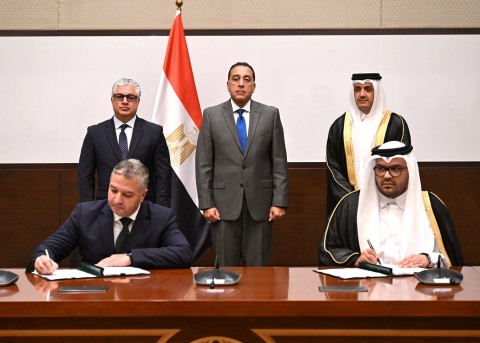Shoreline Group, a Nigerian company with interests from oil production to rope-making across six African countries, plans to sell $2 billion in debt to buy crude and gas assets on the continent, which may include purchases in Equatorial Guinea and Tanzania.
The debut issue of as much as $500 million of five- to seven-year Eurobonds will probably happen before the end of the year, Chief Executive Officer Kola Karim said in an interview in his office in Lagos on June 2. He was speaking after a two-week roadshow in the U.S. and Middle East, arranged by two international banks he declined to identify.
“The winner of this market is going to be the guy who has access to not only local, but international capital,” said Karim, 46, wearing a striped, cream colored Nigerian traditional outfit. “I’m bullish about gas and gas infrastructure. If this country is going to grow that’s going to be huge.”
Founded in 1997, Shoreline produces about 60,000 barrels of oil a day, with crude accounting for around 60 percent of its overall business, he said.
‘Right Horse’
Shoreline is one of at least five local businesses that bought fields in the oil-rich Niger River delta region after foreign companies including Royal Dutch Shell Plc, Total SA and Eni SpA sold onshore assets. More than a dozen small indigenous producers account for about 20 percent of Nigeria’s production of 1.9 million barrels a day.
Investors would be keen to “back the right horse” even after a drop of more than 40 percent in crude prices over the past year, Karim said.
Shoreline will be looking at oil and gas blocs in Tanzania and Equatorial Guinea, Karim said. Tanzania holds East Africa’s biggest natural-gas reserves after Mozambique.
Karim said he’s approached all three major international ratings companies and is looking to sell the $2 billion of bonds in three or four tranches. Shoreline’s rating should be in line with Nigeria’s, Karim said.
The West African country is rated Ba3 by Moody’s Investors Service and BB- by Fitch Ratings, three levels below investment grade. Standard & Poor’s rates it a step lower at B+. The yield on $500 million of Nigerian government Eurobonds maturing in 2021 fell 42 basis points this year to 6 percent at 8:27 a.m. in London.
Peer Benchmarks
Investors may use the bonds of Kosmos Energy Ltd. and Tullow Oil Plc, both of which pump oil in Ghana, as benchmarks for Shoreline’s debt, Karim said.
The yield on Kosmos’s $300 million of bonds due August 2021 traded at 8.57 percent on Monday, compared with 11.64 percent at the end of January. Tullow’s $650 million of notes maturing in April 2022 yield 8.37 percent, from 11.11 percent in December. That compares with rates of about 3 percent on $1.75 billion of 10-year debt issued by Exxon Mobil Corp., the world’s largest crude producer by market value.
“The appetite is there,” said Karim. “Look at the rate of return in Europe or for a money manager in North America. And then look at the rate of the return in Nigeria. Where would you get 7 percent in the U.S. or Europe? You can only still get those returns in Africa.”
Source: Bloomberg












